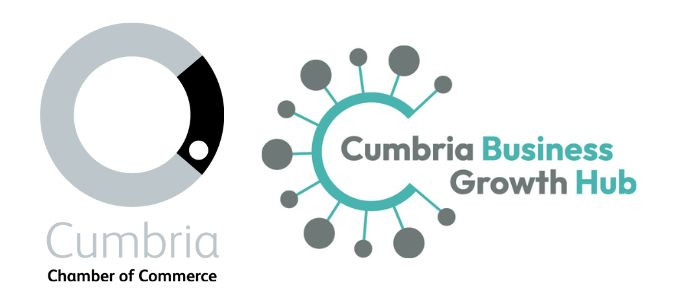 The late payment culture is stifling growth and threatening to derail some of the UK's micro-businesses according to new research.
The late payment culture is stifling growth and threatening to derail some of the UK's micro-businesses according to new research.
UK micro-businesses are owed over £16.9 billion by their customers, according to research from Intuit QuickBooks. These firms, with up to ten staff, account for 96% of all firms in the UK.
The failure to pay promptly is having a major impact on cashflow, says the report. It found that 32% of respondents said they have had to take on loans or credit to pay suppliers and wages when money was owed. In addition, the survey has found that UK micro-businesses spend an average of 19 working days every year chasing invoices.
However, many of the micro-businesses polled also admitted that they don't ask their customers to pay immediately, despite the fact that they themselves would always pay their bills without delay.
And the research found that only 36% of micro-businesses send invoices via email with many still sending paper invoices - and some waiting up until a month after completion of work to do so.
Rich Preece, UK VP and managing director at Intuit, said: "As any entrepreneur knows, starting and growing your own business is tough. When you're putting out fires and jumping over hurdles on a daily basis, you don't need the distraction of worrying about whether you've been paid in a timely manner for your products or services, so it's disheartening to see the extent of the issue. This wasted resource and unnecessary exposure to risk is stopping [micro-businesses] focusing on what really matters - time with customers and growing the business."
Preece added: "This isn't just about late payments, it's about expecting and facilitating payments much more quickly, and the impact this can have on the millions of very small firms across the UK. There's major potential to dramatically improve micro businesses' cashflow and save valuable time by making it easier for their customers to pay."
